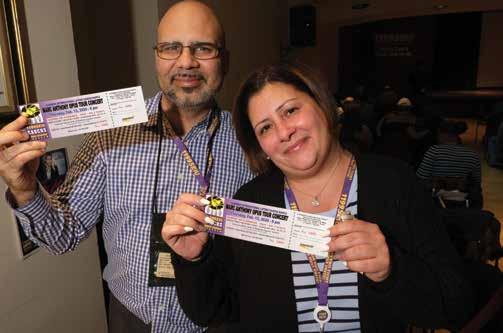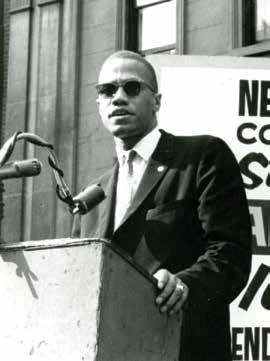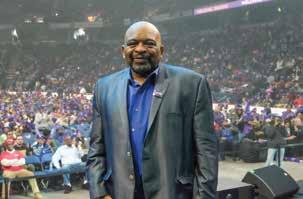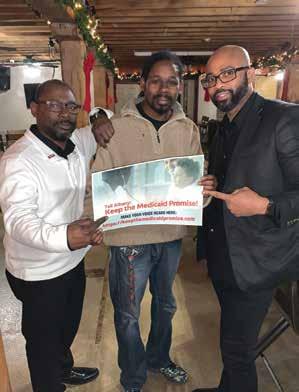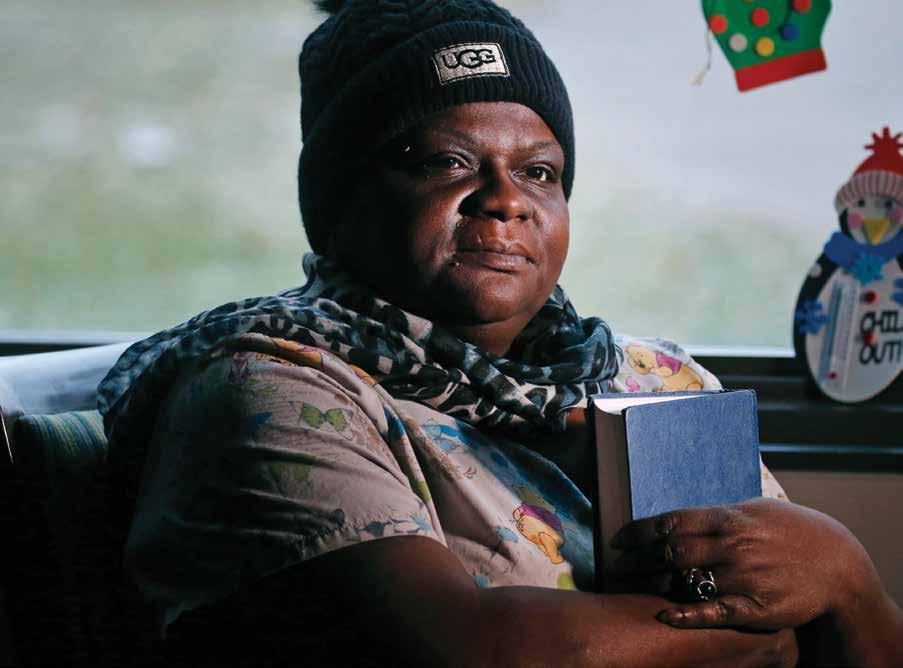EITC Program Dates and Locations
Caregivers, Healers, & Activists
We Care. We Count. Census 2020.
Delegate Training Program
A Journal of 1199SEIU January-February 2020
Florida CNA Catherine Jefferson’s son Eric was shot to death last year on Dec. 18, just five days before his 38th birthday. See story on page 12.
Members talk about how guns and gun violence have affected their lives.
1
January-February 2020

